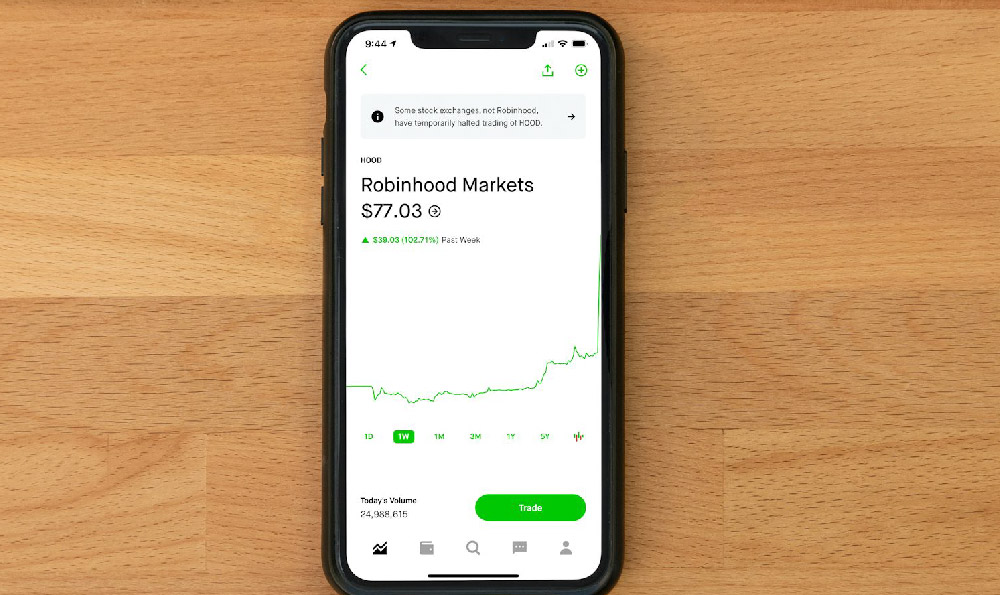Podcasting has emerged as a dynamic and influential medium within the digital entertainment landscape, offering creators opportunities to monetize their content through a variety of channels. The financial potential of a podcaster, however, is not uniform—it depends on factors such as audience size, content niche, production quality, and the effectiveness of monetization strategies. While some podcasters generate substantial income, others may struggle to break even, making it crucial to understand the complexities of earnings within this industry.
The primary revenue streams for podcasters often begin with advertising. Brands frequently seek partnerships with podcasts that align with their target demographics, and the income generated from ads can vary widely. For instance, a podcast with a highly engaged audience might secure sponsorships that cover production costs or contribute to a steady income. However, the actual earnings depend on metrics like the number of downloads, listener retention rates, and the perceived value of the audience. A single episode may yield anywhere from $50 to $5,000 or more, contingent on these variables. Additionally, ad revenue is typically divided between the host and the platform, with services like Apple Podcasts offering a split of 50% to 70%, while platforms such as Spotify might take a smaller share, leaving more for the creator. It is important to note that the effectiveness of ads often hinges on the host's ability to integrate them seamlessly into the content, ensuring they do not disrupt the listening experience.
Beyond ads, podcasters can explore paid subscriptions as a means of generating recurring revenue. Platforms like Patreon or Substack allow listeners to support creators financially, with subscribers often paying a monthly fee for exclusive content, early access, or special perks. The success of this model is closely tied to the value proposition offered to listeners. A podcast with a strong community and unique value might achieve a high subscription rate, while others may find this approach less effective. For example, a niche podcast focused on financial literacy might attract a dedicated audience willing to pay for in-depth analysis and actionable advice. Conversely, a general interest show may face challenges in converting listeners into paying subscribers.

Another avenue for monetization is affiliate marketing, where podcasters earn commissions by promoting products or services. This strategy involves selecting a few relevant items to endorse and sharing unique referral links with listeners. The profitability of affiliate marketing is influenced by the host's ability to build trust and the relevance of the products to the audience. A well-established podcast with a loyal following might see a high conversion rate from affiliate links, with earnings often ranging from a few cents to several dollars per referral. However, this requires ethical considerations to maintain audience credibility and avoid perceived exploitation.
For more established podcasters, brand collaborations and product placements can offer significant financial rewards. These partnerships involve working directly with companies to feature their products or services within the show. The income from such collaborations is typically negotiated based on factors like audience size, engagement levels, and the potential reach of the podcast. For example, a popular tech podcast might secure a deal with a software company to review their product, receiving payment in exchange for honest feedback and integration into the content. While this can provide substantial one-time payments, it often necessitates maintaining a balance between brand promotion and content integrity.
The market also presents opportunities for podcasters to leverage their platform as a stepping stone for other ventures. A growing audience can translate into various indirect financial benefits, such as increased visibility for books, merchandise, or online courses. For instance, a successful educational podcast might lead to the development of a course that complements the content, allowing the host to diversify income sources. Additionally, podcasters may explore live events, such as paid workshops or Q&A sessions, further monetizing their expertise.
It is essential to recognize that the income of a podcaster is not solely determined by the number of listeners but also by their ability to optimize content delivery and engage with their audience effectively. A podcast with high production quality, consistent publishing schedules, and a clear value proposition is more likely to attract sponsors and retain listeners. For example, a podcast that provides actionable insights in a specific field may command higher rates from brands, as it can demonstrate the tangible benefits of audience engagement. Furthermore, listeners' preferences and behaviors play a role in determining the success of monetization strategies, with factors like listener demographics and content relevance influencing the effectiveness of advertising and sponsorship efforts.
In summary, the earnings of a podcaster are multifaceted, influenced by a combination of factors such as audience engagement, content quality, and monetization strategies. While the financial potential can be substantial for those who successfully navigate these dynamics, it requires a long-term commitment to building a loyal audience and refining one's approach to content creation and business development. By strategically integrating various revenue streams and continuously adapting to market trends, podcasters can maximize their income and establish a sustainable financial foundation within the industry.












